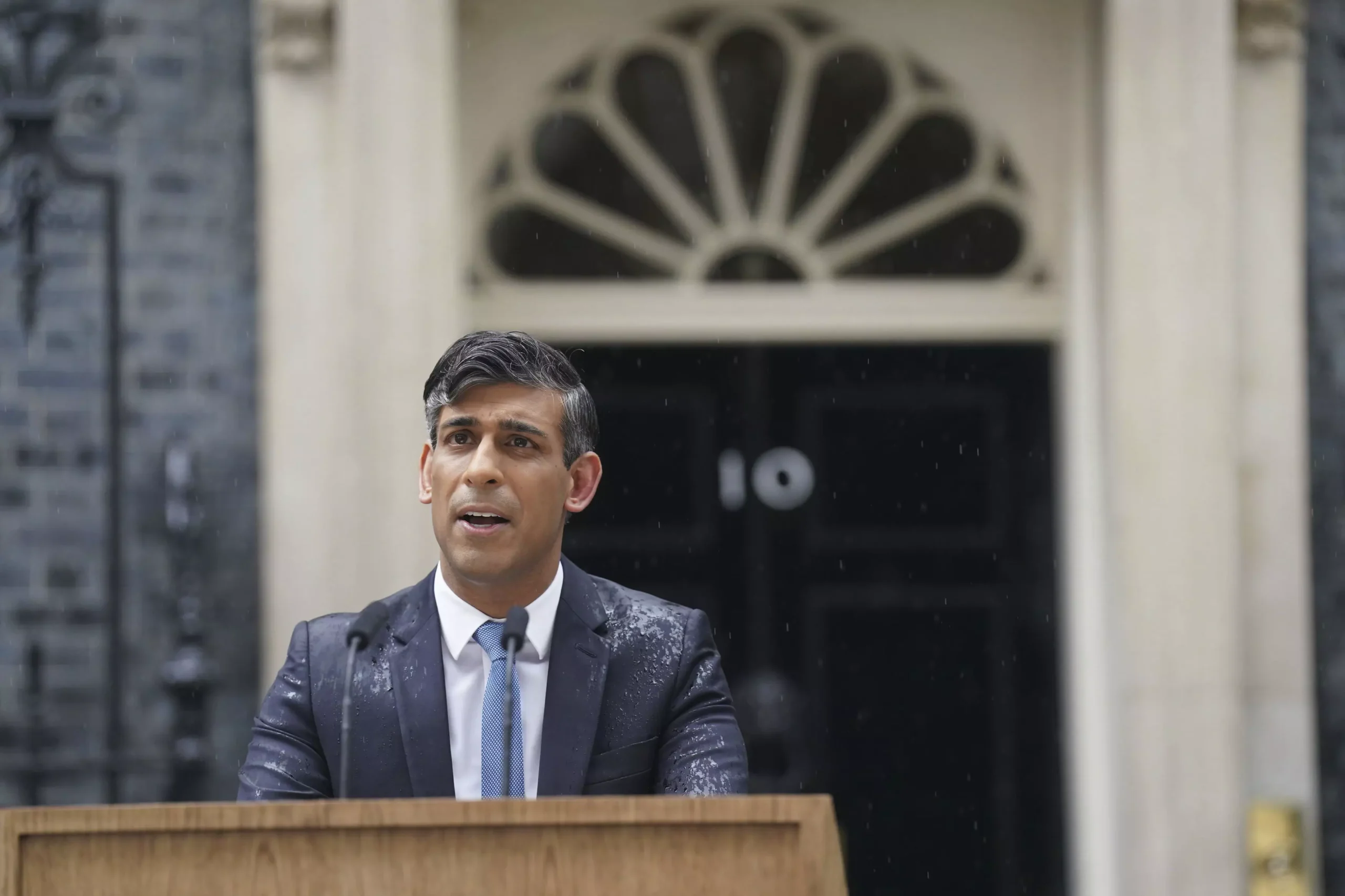In 2024, the United Kingdom (UK) is poised for a pivotal election, with polls indicating a potential significant shift from the Conservative Party to Labour. Prime Minister Rishi Sunak announced the election date of July 4 amidst rain at Downing Street, opting for a Thursday, aligning with a longstanding British tradition.
While there is no legal requirement for UK elections to be held on Thursdays, this practice has been upheld for over 89 years, starting from 1935. The Fixed-term Parliaments Act of 2011 originally stipulated elections for the first Thursday in May every five years, although this has proven flexible. For instance, the upcoming July election diverges from this norm, much like the December 2019 election did previously.
The choice of Thursday for elections in the UK is rooted in historical customs. Thursdays were traditionally market days, ensuring voters could conveniently cast their ballots while attending to daily routines. Moreover, the timing allows for efficient election results, typically announced by Friday morning, ensuring a smooth transition of government over the weekend.
Calls for reconsidering the election day have surfaced over the years, with advocates suggesting weekend voting to potentially increase voter turnout. However, concerns about increased costs and logistical challenges have tempered these proposals. An exception to the Thursday rule occurred in 1978 when a Scottish by-election was held on a Wednesday to avoid clashing with the start of the football World Cup in Argentina the following day.
The last general election in the UK not held on a Thursday dates back to October 1931, when it was conducted on a Tuesday. Despite discussions about potential reforms, the tradition of Thursday elections remains deeply ingrained in British electoral practices.






